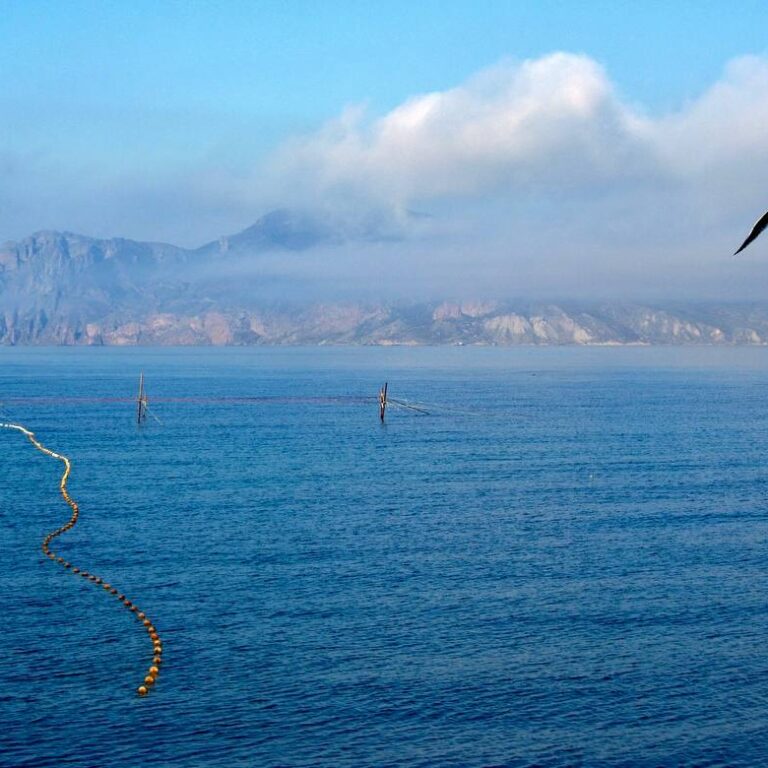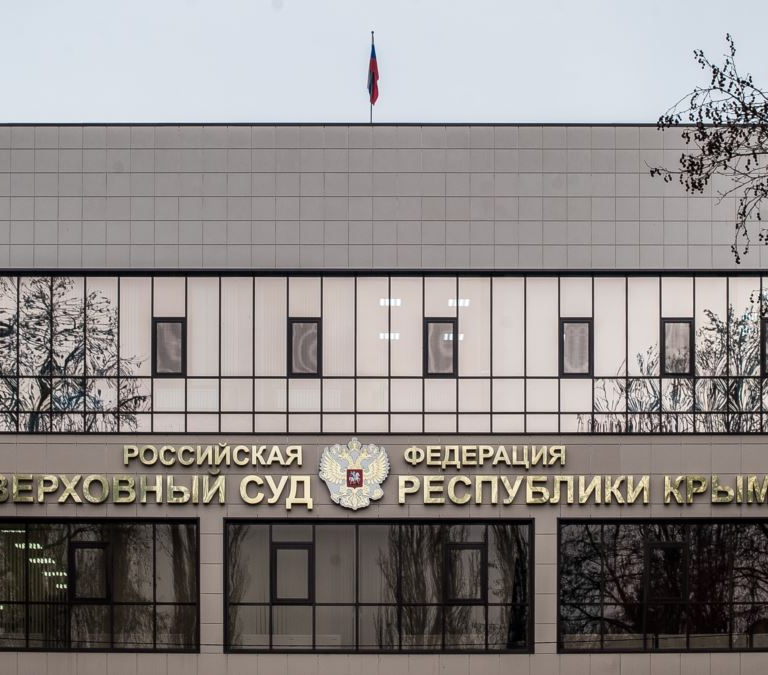On June 25, the European Court of Human Rights (ECtHR) published its decision on applications 20958/14 and 38334/18 of Ukraine against Russia regarding Crimea, and it has already been called “undoubtedly victorious and historic.”
The ECHR satisfied the vast majority of Ukraine’s demands and recognized the existence of not just human rights violations, but rather the systemic practice of the aggressor regarding such violations, which consistently continued from February 2014 until at least September 2022, when the European Court ceased its jurisdiction over the Russian Federation.
Among other things, the ECtHR found, based on applications filed in 2014-2015, that Russia violated the right to life in the Crimea as part of the “administrative practice” of forced disappearances and the lack of an effective investigation into them. The ECtHR noted the Russian practice of ill-treatment of Ukrainian military personnel, ethnic Ukrainians and Crimean Tatars, as well as journalists.
The ECtHR also found a violation of the right to freedom due to the “administrative practice” of secretly incommunicado detention of Ukrainian military personnel, ethnic Ukrainians and Crimean Tatars, as well as journalists, and found a violation of the right to confidentiality due to the “administrative practice” of arbitrary raids and searches in private premises.
The European Court found a violation of freedom of conscience in connection with the administrative practice of persecuting and intimidating religious leaders “who do not profess the Russian Orthodox faith,” and that there was a violation of freedom of speech in connection with the administrative practice of suppressing “non-Russian media,” including the closure of Ukrainian and Crimean Tatar television channels.
The ECtHR also found that there had been a violation of the right to property due to the “administrative practice” of expropriating without compensation the property of civilians and private enterprises; and that there was a violation of the right to education due to “administrative practices” of suppressing the Ukrainian language in schools and persecuting Ukrainian-speaking children in school.
The court determined that the so-called “courts” of the occupiers in Crimea cannot be considered “established by law” within the meaning of the Convention, that is, they always emphasized their insignificance and stated that the aggressor violated the right to confidentiality due to “administrative practice” of the absence of an effective system in occupied Crimea renunciation of “Russian citizenship”.
As Professor Borys Babin emphasized on this occasion, “also, and this is extremely important, the ECHR ruled that the aggressor violated the prohibition of discrimination regarding an entire group of human rights due to the administrative practice of attacks on the Crimean Tatars, thereby significantly correcting what was quite resonant in the Crimean Tatar measured by the January decision of the International Court of Justice.”








